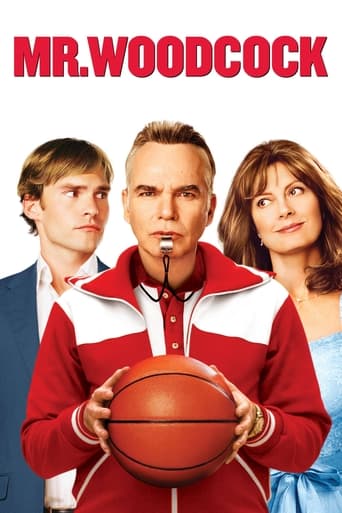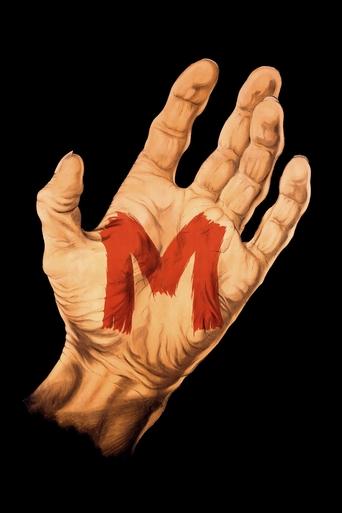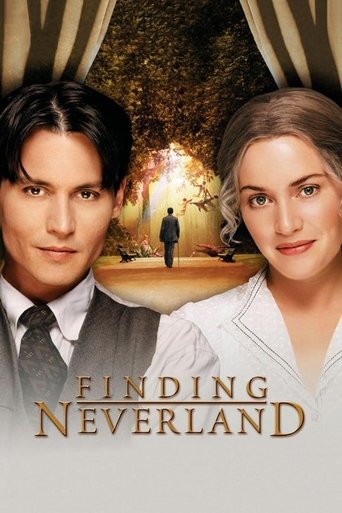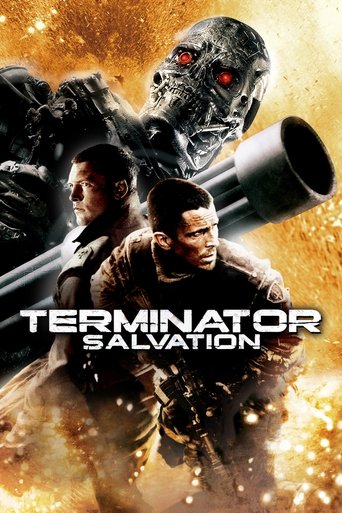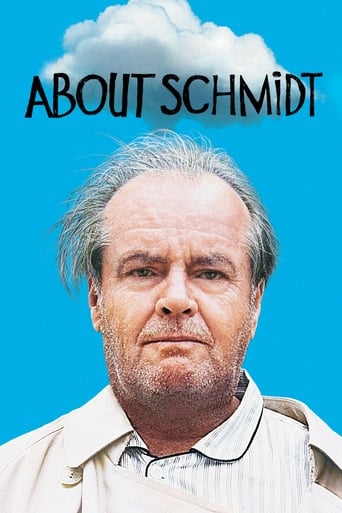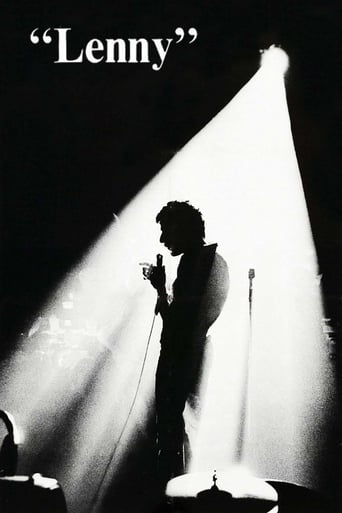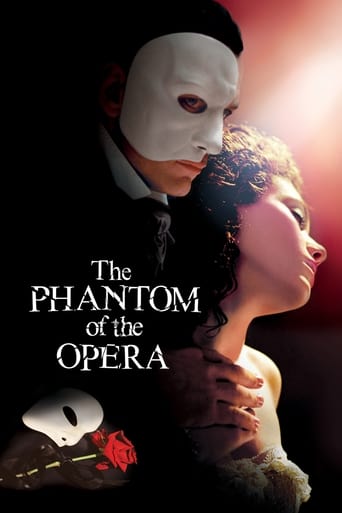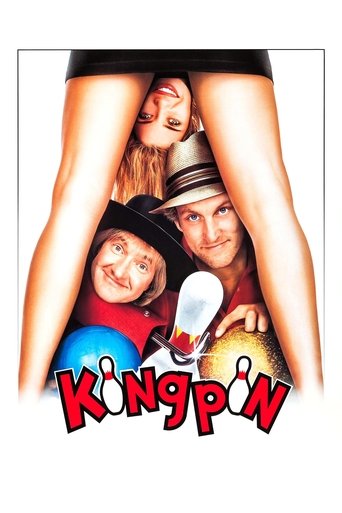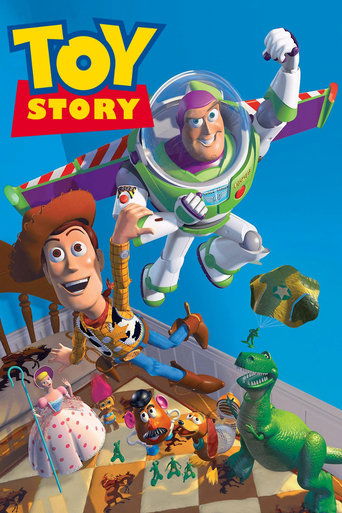Cinema Lover | Joined 8 Sep 2021
Bio
Cinema lover, sharing some cool reviews I found online about my favourite movies & tv shows.
Overview
Recent scores More
All time favorites More
Reviews More
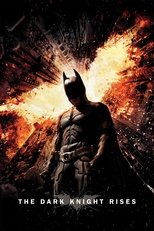
The Dark Knight Rises, released on July 20, 2012, is the third and final film of the Christopher Nolan Batman trilogy. With the enormous commercial success and striking critical acclaim of The Dark Knight, expectations for its sequel rose to a level matched by no film this summer season. Overall The Dark Knight Rises has been well received by critics and the general public alike, with some even proclaiming it to be the best of the series. Yet, as it will be pointed out, The Dark Knight Rises is not without its faults.
The story takes place eight years following the death of Harvey Dent, posthumously celebrated as Gotham's white knight hero. Amidst a time of relative peace and unity a new villain takes Gotham by storm: Bane (The name is only fitting as the very definition of it is a person or thing that ruins or spoils). Bane is bent on revolution, or so he insinuates with rhetoric involving mantras of "liberation" and the plight of the people. Without second guessing, the audience knows none of this to be true and that he intends to serve up the nuclear annihilation of Gotham. Except none of these are really his intentions, but those of Miranda Tate (played by Marion Cotillard), a philanthropist who turns out to be Talia al Ghul, the daughter of Ra's al Ghul (Liam Neeson), the driving evil in Batman Begins.
Then there is the mysterious John Blake, with the name Robin entered into the mix. Joseph Gordon Levitt as Blake had the strongest performance delivering depth were at times there seemed to be none. For example, in an exchange between Blake and Bruce Wayne, Blake reveals his knowing that Wayne is Batman. The reasoning given that Blake could somehow sense Batman within him. The idea is weak, but the exchange on screen did not come across as absurd. Yet, just as Blake in The Dark Knight Rises was disgusted with Commissioner Gordon's manipulation of Harvey Dent's death, thus basing Gotham's peace on a lie, many found the connection between Wayne and Blake (Batman and Robin) to be held up on weak footing.
Casting Tom Hardy as Bane was a great selection. Hardy has depicted pure unrestrained brutality in Bronson and Warrior, a clever sleek touch in Inception, and subtlety in a supporting role in Tinker Tailor Soldier Spy. All of that, and more, could've been illustrated via the character of Bane. Yet, depicting Bane as a mere stooge of Talia reduced the power and intrigue of the role.
Much of the problem lies within the placement of the character of Talia in the final film. Returning to the villainy of the League of Shadows allowed for no growth beyond what was already established in the first two films of the series. Christopher Nolan has gone the route of implicating multiple villains throughout his Batman series. This could've been extended with Catwoman as the duplicitous female character rather than Talia. Talia al Ghul and her connection to Ra's al Ghul bore similarities to the Die Hard series with its own blood-related pair of villains in Hans Gruber (Alan Rickman) and Simon Gruber (Jeremy Irons). Although this provides for instantaneous entertainment, there is nothing beyond that which can be said to lie here. Not adding the character of Talia would've allowed for the rest of the cast to put their talents on a fulfilling display.
Associating Bane with the League of Shadows was not an outright mistake, but inserting the character of Talia came off more as a sly gimmick than any substantive twist. Talia's insertion came at the expense of Bane. Putting more of an emphasis on the revolutionary aspect of Bane's character would've taken the series and the entire film genre to a region not ventured into before. Inevitably though, this would lead to a firm political statement on the part of the Nolan brothers. In light of Christopher Nolan's latest comments on a possible connection between the film and current events, it would seem he'd never consider such a course.
Nevertheless, growth in the character and plot development of Nolan's Batman series would've been seen. Throughout, Nolan looked to be at philosophic crossroads in the direction of the characters and the plot. The eerie connection between Bane and Batman would've carried more weight and make for a battle that would be evermore colossal and simultaneously more profound in the statement that would be made on the part of the film itself and the series as a whole. Story-wise The Dark Knight Rises rounded out the trilogy in admirable shape, but its intellectual intrigue in the series plateaued in its predecessor.
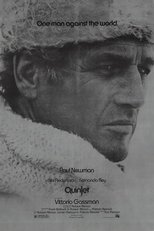
Fernando Rey states at the conclusion of "Quintet" that "life can only be felt when death is near." It can be said with certainty that this film engenders one to wholly realize the infallibility of this proclamation.
However, the star of Quintet is Paul Newman. He plays a man named Essex living in a post-apocalyptic ice age world. Returning to what is seemingly one of the last areas of abundant concentration of human life, Essex finds mankind singularly concerned with a game; quintet. A game to which the rules are never seriously attempted to be made clear nor one in which it's meaning to the characters could ever be understood. As the game went so did the film.
Vincent Canby may have said it best, "All great directors must be arrogant to the extent that they will follow their dreams through to the bitter, sometimes banal end." When considering Quintet was written, directed and produced by Robert Altman, Canby's statement is undoubtedly assured.
The banality is felt increasingly with every coming scene. It is felt through the frigid performance of Paul Newman, who comes across more as a depressed introverted Han Solo. They're many scenes that only cause utter confusion. In fact, the scenes without dialog are a bit more stimulating than those of interaction. Quintet is not a film for recommended viewing. Yet, if you are unable to resist the aura Newman and Altman, beware of frostbite.
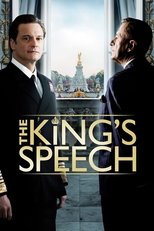
Colin Firth yelling "I have a voice" elucidates the power of thought, opinion and conviction. It also sums up the courage taken by King George VI to simply conjoined and deliver a message through the art of the spoken word. For Firth's character though, King George VI, such an action cannot be looked at as an art, but as an impediment that can only be accomplished in the most trying and basic of steps.
The King's Speech so smoothly nails down the basics, while incorporating a warm exuding spirit. It includes suiting complimentary performances from Geoffrey Rush and Helena Bonham Carter as well as a slightly more than cameo role for Guy Pearce. This is the breakout film for director Tom Hooper, who has directed HBO miniseries such as John Adams and Elizabeth I. It is also the most notable screenplay written by David Seidler to date.
Although The King's Speech is not a revolutionary film by any stretch, it is one delivered by way of experience, maturation and a point of purpose.
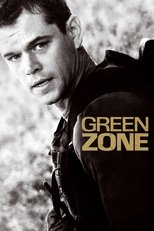
Over the past six years Paul Greengrass has developed a reputation for seizing the attention of the audience. Visually this was most apparent in The Bourne Ultimatum and emotionally with United 93. Green Zone is a film in which Greengrass attempts to integrate both. The film is centered upon the beginnings of the Second Gulf War and the search for WMDs. Immediately creating a connection with the audience by jumping into an event not too distant in our past, in fact still ongoing.
The main character of the film is a United States army officer whose task is to find the WMDs for a much too anxious public. The officer is played by Matt Damon whose now been a part of three Greengrass films (Bourne Supremacy, Bourne Ultimatum and The Green Zone). Although his performance cannot be quite framed as complete, Damon does a serviceable job in portraying his character's thought process, actions and a need for truth. This applies to the rest of the cast as well; Brendan Gleeson and Greg Kinnear as CIA operatives, Amy Ryan as a journalist and Yigal Naor as an ex-General who was under Saddam Hussein. All characters represented different quantum on the spectrum of United States involvement in Iraq but for the most part were kept in relatively simple form. The lack of complexity in the characters provided for more of the film to be plot driven as well take shape around the pace and action.
The Green Zone is not astonishingly well written nor is it character based. In essence the film is played safe, no risk is taken with no complexity. At certain points the plot can be sketchy because of the lack of character based details but it holds up. Greengrass shows that he knows how to play it safe. His direction delivers a sold film that can make you ponder over the setting of The Green Zone. It is fairly suspenseful and is able to maintain a good level of interest from start to finish. The film though may not be quite memorable, it just does not take enough risks. I cannot say if Greengrass is at fault for this or not but considering the material from what was shown on the screen, it seems it was maximized. The Green Zone showed glimpses of promise, but just did not open up enough to fully fulfill them or present more.
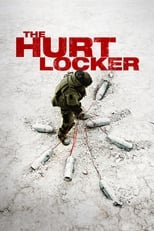
Over the past three years, give or take, there have been an assortment of films that have attempted to articulate and illustrate the many complexities of the Middle East. Paticuluarly in the aspect of Western involvement in this tense region. The Hurt Locker is that: tense and at times nerve racking.
The generation of such sensations and feelings of anxiousness and distress should be much accredited to Kathryn Bigelow, the director. Yet the reason for her success which of course is her direction, is quite unorthodox. The most tense and debilitating moments are done so in slow pacing and seemingly tranquil moments rather then rushing into rapid action and quick camera-shots. The screenwriter of the film, Mark Boal continues to rise with The Hurt Locker as only his second screenplay, the other being In the Valley of Elah. The two combined together create not just greatly done action sequences but ultimately thought provoking ones.
The performances as well were quite convincing from almost seemingly upcoming stars in Jeremy Renner, Brian Geraghty and almost certainly Anthony Mackie considering his powerful résumé. There are also greatly meaningful quintessential cameos from such well accomplished actors such as Guy Pearce, David Morse and Ralph Fiennes.
Films on this subject have tried focusing on very focused and specific aspects of this plight and find themselves wandering off into unnecessary and confusing aspects of the story. Others have attempted to assess the situation broadly but with doing so, most often make the mistake of presenting the different facets in a much too mundane or simplified fashion. With this it is obvious very few films have succeeded in presenting a thorough, accurate and sensible look at this tense region. The Hurt Locker creates a tension that I last felt from Apocalypse Now. I'm certainly not saying the film is of the status of Apocalypse Now but I certainly advise to watch at the least a very good war film.







